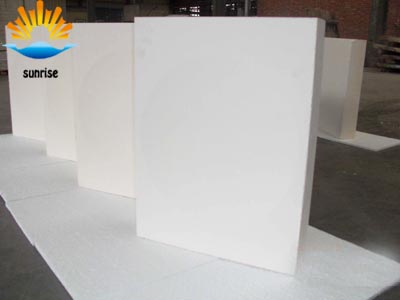Failure Causes of Glass Molds
In the forming process of glassware, glass molds frequently contact with high temperature molten glass. High temperature oxidizing, growth and deformation, thermal fatigue and wear and tear may shorten the service life of glass molds and lead to its failure.
The main failure causes of glass molds include:
1) High temperature oxidizing
During use, the inner surface of the molds is oxidized and peels and grows which causes partial or extensive pits on the surface of products and affects the appearance of products. After cleaned several times and repaired, the size of the core cavity exceeds the tolerance and results in the failure of the molds.
2) Deformation
The residual stress, organizational stress and stress generated by thermal shock cause the deformation of the molds. The molds cannot be closed tightly, resulting in the failure of the molds.
3) Thermal fatigue
Since the temperature in different parts of the mold is different, an alternating stress is caused. The biggest stress change is in the inner surface of the molds. When the stress in some micro areas of the inner surface exceeds its thermal fatigue limit, cracks are generated. With the continuous use of the mold, cracks begin to expand and new cracks are generated. The cracks expand under the action of hot and cold alternating stress and eventually lead to the failure of the molds.
In addition, the wear and tear at high temperature may cause coarse joint lines which exceed the tolerance range and should be removed and repaired. The glass adhesion can also cause the failure of the molds.
Therefore, glass molds should have good thermal conductivity, resistance to oxidization, growth, wear and thermal fatigue as well as low cost and good cutting performance.
Pre:
Glass Mold Materials for Bent Glass
Next:
Three Principles for the Material Selection of Glass Molds

